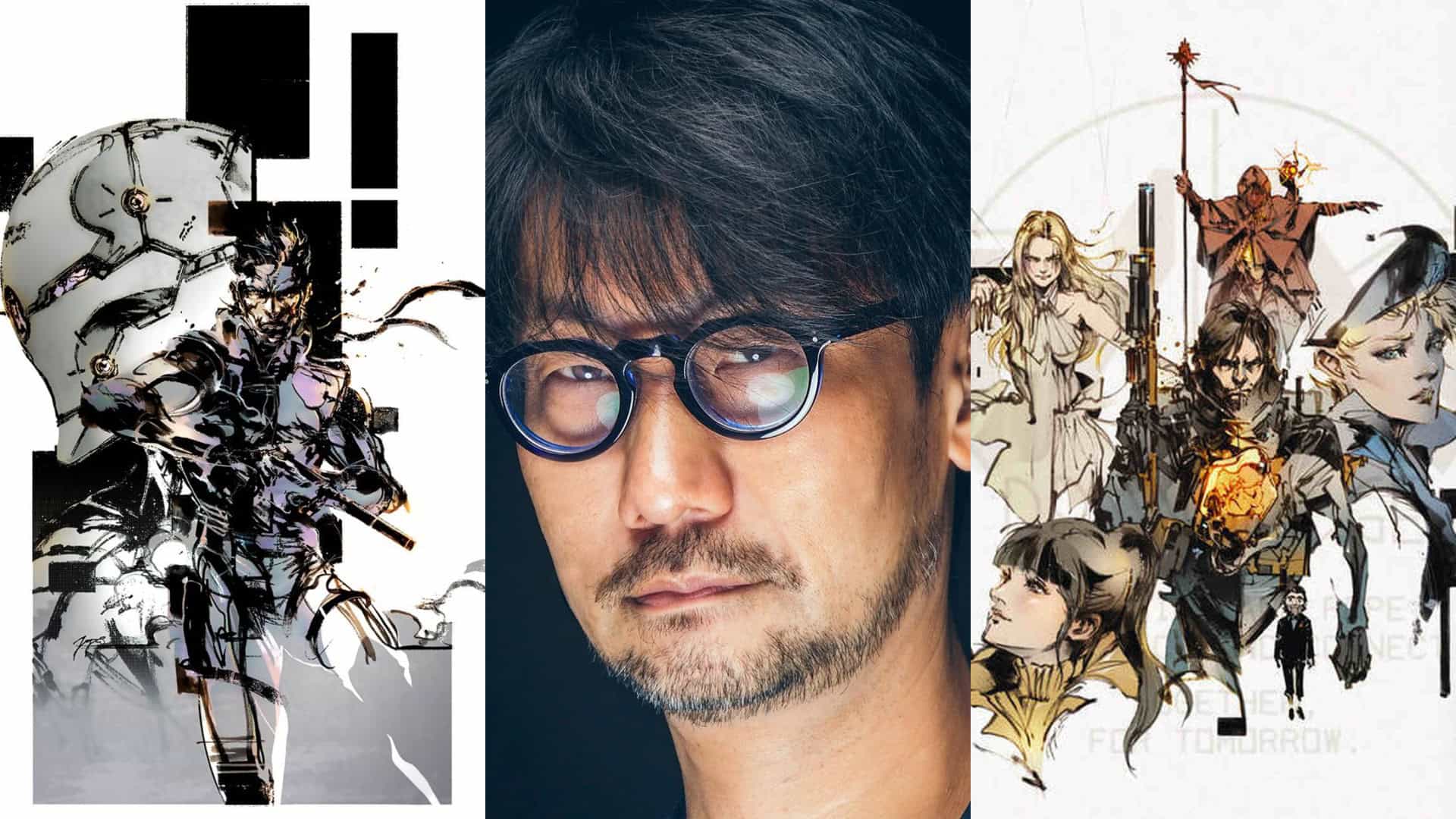Hideo Kojima, a name synonymous with pushing boundaries in video game development, recently embarked on a marketing endeavor for his upcoming PS5 title, Death Stranding 2: On the Beach, that was as delightfully unconventional as his games themselves. What started as an old-school, boots-on-the-ground campaign in Tokyo, however, met with an initial resistance that offers a fascinating glimpse into evolving social dynamics and the enduring power of digital amplification.
An Old Tactic for a New World: The Tissue Pack Gambit
In a move that harked back to a bygone era of Japanese advertising, Kojima and his team at Kojima Productions took to the streets of Tokyo, distributing packs of tissues emblazoned with Death Stranding 2 branding and a cryptic QR code leading to a game trailer. This tactic, while perhaps perplexing to Western audiences, was once a commonplace and effective method of promotion in Japan, offering passersby a practical item rather than a mere leaflet destined for the nearest bin. It was a gesture of utility, a small, tangible connection.
Kojima himself recognized the anachronistic nature of the approach, yet it resonated deeply with the core themes of Death Stranding – forging connections in a fragmented world. The physical act of handing an object to another person was, in essence, a microcosm of the game`s narrative.
The Disconnect: When Analog Met Aversion
Despite the thoughtful intent, the initial reception was, to put it mildly, frosty. Kojima recounted how people actively avoided eye contact, side-stepping the outstretched hands as if the tissue packs themselves carried some latent danger. “Hardly anyone was willing to take one,” he noted, painting a picture of a populace seemingly determined to maintain a respectful, yet firm, distance.
Several factors likely contributed to this peculiar aversion. The lingering shadow of the COVID-19 pandemic undoubtedly fostered a greater reluctance for casual human interaction and the exchange of physical objects. Furthermore, in an age saturated with digital advertisements, a humble tissue pack might simply not cut through the noise. And, of course, not every pedestrian in bustling Tokyo would necessarily be aware of, or interested in, a highly esoteric video game from a renowned developer.
However, one can`t entirely discount a more whimsical, albeit speculative, possibility. Kojima has a history of bold statements, famously declaring that critics of a certain character`s design in a previous title would eventually be “ashamed of [their] words & deeds” once her story context was revealed. One might playfully wonder if, perhaps, a few of those avoiding the developer`s gaze were indeed harboring a scintilla of that very shame, opting for evasion over direct engagement. An unlikely scenario, perhaps, but a humorous thought to entertain when considering the quirks of human interaction.
The Digital Bridge: Forging Connection in a New Way
The story, however, doesn`t end with a stack of unwanted tissues. In a testament to the symbiotic relationship between traditional methods and modern technology, Kojima merely shifted his strategy. A simple post on X (formerly Twitter) detailing the street campaign swiftly turned the tide. What was initially met with avoidance on the streets of Tokyo suddenly became a sought-after commodity online. Soon, every last branded tissue pack was gone.
“It was an analog stunt going against the tide of the times, but by fusing it with digital power, we created an even stronger connection,” Kojima reflected.
This insight neatly encapsulates the very essence of his latest endeavor: the idea that even in an increasingly digitized and sometimes distanced world, genuine connection can still be forged, often by bridging the old with the new. The physical object, once overlooked, became desirable precisely because of its digital announcement.
Beyond Tissues: The Future of a Visionary
Kojima`s unique marketing saga for Death Stranding 2 is more than just a promotional anecdote; it`s a small, intriguing case study in modern cultural marketing. It highlights how understanding social shifts, even subtle ones, is crucial, and how integrating seemingly disparate marketing channels can yield powerful results. The incident also reminds us that a direct, human approach, even when initially challenging, can find its ultimate resonance through digital amplification.
As the gaming world eagerly awaits Death Stranding 2: On the Beach, Kojima remains a figure constantly exploring new frontiers. With the Xbox horror game OD and the PlayStation stealth title Physint also in development, alongside his notably open stance on integrating AI into game creation, declaring it “more of a friend,” his work continues to reflect a relentless pursuit of innovation, connection, and perhaps, a little good-natured provocation.

